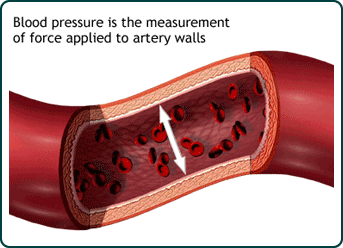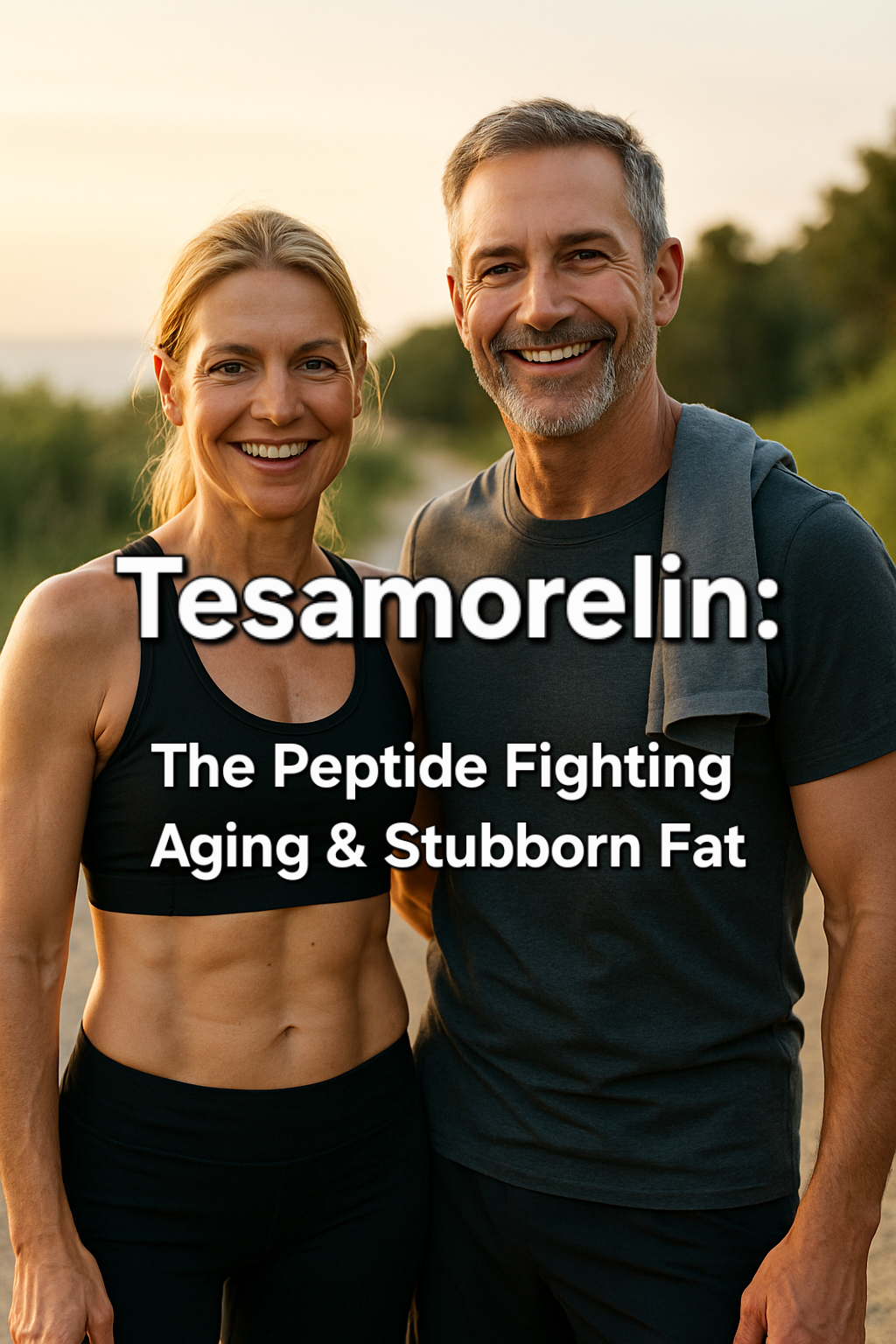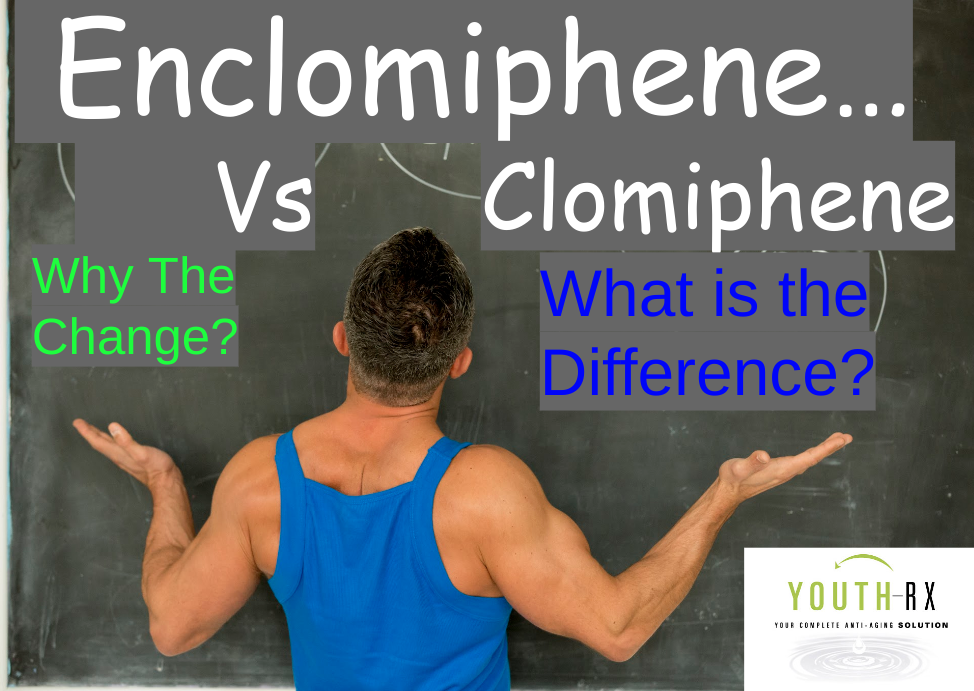In short, having healthy blood (BP) pressure is important because the higher your blood pressure is, the higher your risk of health problems are in the future such as heart attack, erectile dysfunction, a stroke or kidney disease just to name a few. Cases of high BP are more commonly seen versus low BP.
But having low BP (although rarer versus high) can have its concerns as well; dizziness/lightheadedness, nausea, fainting, fatigue and blurred vision are some common symptoms associated with this.
In case it isn’t clear, blood pressure is basically defined as the force of blood against the walls of your arteries. It is necessary to move blood through our body so it can get to all the body's organs.
It is not uncommon to see slight and short elevations or drops of BP in most people, which should not be of concern. But, when one’s BP is chronically out of healthy ranges over time, this is something that should not go without attention given.
High Blood Pressure; Why It is Dangerous
Having chronically elevated blood pressure, aka hypertension, is referred to by many as the “silent killer” because it often has no symptoms yelling out loud that something is wrong. If your BP is high, it is likely putting extra strain on your arteries and, making your heart work harder. Over time, this extra stress on our vascular system may cause the arteries to become thicker and less flexible, or to become weaker.
If your arteries become less flexible and thicker, they will become more narrow, and the odds of them becoming “clogged up” are much higher, especially if accompanied with other concerns such as high plaque buildup or, cholesterol. If an artery becomes completely clogged up (known as a clot), this is known to contribute to a heart attacks and strokes. A good analogy here is to think of an older, weathered garden hose that has been left out a few seasons in the yard and it now doesn’t bend easily, has many cracks, is filled with dirt and debris inside of it and water just doesn’t flow well through it any more like it once did when it was new, flexible and “healthy”.
Hypertension; You must Get It Down to “Keep It Up” in The Bedroom
Hypertension (high BP) is a contributing medical condition that often leads to Erectile Dysfunction (ED). As mentioned already, high BP damages the entire vascular system. This in laymen’s terms is our body’s internal “highway” transporting blood and nutrients throughout the body. Because effective blood flow through the arteries and veins is essential to achieve and sustain an erection, any problem that impairs blood flow can cause ED.
When high blood pressure becomes a chronic condition over time, one of the first things to be damaged are the small capillaries. These are the channels that support blood flow to the penis, not a cool thing to inflict harm upon…
What Do Blood Pressure Numbers Mean?
- A normal blood pressure reading is at or below 120/80. If this applies, good job! Remember to have your BP checked at least once a year.
- If your numbers are over 120/80 up to 139/89, you are classified as having pre-hypertension. You are more likely to end up with high blood pressure if left unaddressed. Give some needed attention to prevent it.
- You have high blood pressure if it is 140/90 or above. You will be wise to ask your doctor how to lower it. Check your blood pressure frequently if your blood pressure is high.
Good News; You Can Act to Help Lower High Blood Pressure
You can act to prevent (or lower) high blood pressure. Lowering blood pressure through healthy and effective lifestyle changes often addresses the problem quite well for most people. In most cases, those faced with high BP along with their doctors will opt for medications and drugs to address the concern.
Although a good choice for some but unfortunately for many, high BP medications are known to and may cause, sexual dysfunction like Erectile Dysfunction (ED) as a side effect. These include: Water pills (aka; diuretics). These have the potential to decrease forceful blood flow to the penis, making it difficult to achieve an erection. They also have the potential to deplete the body of zinc, which is necessary for endogenous testosterone production.
A helpful thing to remember when thinking of not only having healthy blood pressure but our overall health is to treat the system, not just the symptom. We tend to live in a modern “microwave society” where we want something now and not always willing to put in necessary work to be our best, or healthiest at our core. In other words, pertaining to this subject at hand, incorrectly choosing a just pill instead of modified lifestyle and diet changes; if they can be applicable to do the job.
Foods and Plants That May Help Lower Blood Pressure
- Sea salt instead of table salt (while keeping intake at an appropriate level). Regular table salt can irritate lining of arterial walls, adding to inflammation. As humans, we are more adapted for sea salt.
- Watermelon; High in Citrulline to help with nitric oxide/dilation of blood vessels.
- Beets; High in nitrates that are known to enhance blood flow.
- Nuts; loaded with healthy fats shown to supportive of our cardiovascular system.
- Colorful vegetables and berries; are all helpful foods that should be emphasized in cases where high blood pressure is present due to high antioxidant properties to prevent oxidative damage to arterial walls as well as their high fiber content to support keeping the body’s “highway” clear of debris and flowing smoothly.
- Foods high in Omega-3 Fatty Acids (like Salmon, fish)
Avoiding fried foods, boxed and bagged manufactured foods that contribute to obesity should be avoided. Eliminate wheat, gluten, corn starch, sugar and anything with hydrogenated oils. Most of these foods are loaded with extra calories, sodium (salt) and unwanted “other ingredients” that are not needed.
Hawthorn: A Great Helping Hand to Lower Blood Pressure
The herb Hawthorn is and has been for quite a long time, used to help protect against heart disease and to help control high blood pressure while giving support to the vascular system. There have been both animal and human studies suggesting hawthorn increases coronary artery blood flow, improves circulation, and lowers blood pressure. As a noted positive remark and conclusion in one of many studies, side effects are minimal if seen as all; “Preparations have been consistently proven to be well tolerated by patients with low/negligible levels of side effects” - https://www.ncbi.nlm.nih.gov/pmc/articles/PMC3249900/
Hawthorn is thought to help the vascular system and therefor, blood pressure in numerous ways.
- Atherosclerosis: Hawthorn has antioxidant properties that help protect against the formation of plaque, which leads to a health problem known as atherosclerosis (aka “hardening of the arteries).
- Antioxidant properties: Hawthorn is known to contain active compounds with antioxidant properties. These neutralize damaging free radicals and reduce their negative effects on us. Free radicals are believed to contribute to the aging process as well as to the development of many health problems, including cardiovascular disease.
- High cholesterol: Although only animal studies have been performed, hawthorn has shown promise in helping to lower high cholesterol and its association with cardiovascular disease.
- Endothelium(the inner lining of blood vessels) Function: Hawthorn in conjunction with other antioxidants, especially those such as CoQ10 and Quercetin, may provide a positive effect on improve endothelium health.
When you think of these 4 bullet points above, remember the analogy of the weathered and cracked garden hose mentioned earlier. It became less elastic, old and less flexible with debris building up inside of it reducing efficient water flow. If we can “renew” and polish up these damaged pipes by helping (to a degree) reverse much of this oxidative damage that has occurred, we are left with a much healthier vascular system and body that functions well for years to come.
Note; Interactions
If you are currently taking medications for hypertension, be open with disclosure and talk with all your healthcare professionals, as hawthorn can potentially can interact with several different prescription medications you may be taking. Hawthorn may affect blood pressure, and should not be taken with medications for high blood pressure, including beta-blockers and calcium channel blockers, medications for “male enhancement” (Cialis, Viagra and related). Additionally, people already taking digoxin for BP should not add hawthorn into the mix.
Summary
As we can hopefully understand, having high blood pressure is nothing to place low on the priority list when it comes to our health. For the several reasons above, you and your doctor should be mindful to look at your numbers at least once a year and of course more if there are any concerns it may need some attention.
As always, the team here at YOUTH-RX wants you looking and feeling your sharpest ever with your overall health up there with it.
Best in health,
YOUTH-RX




